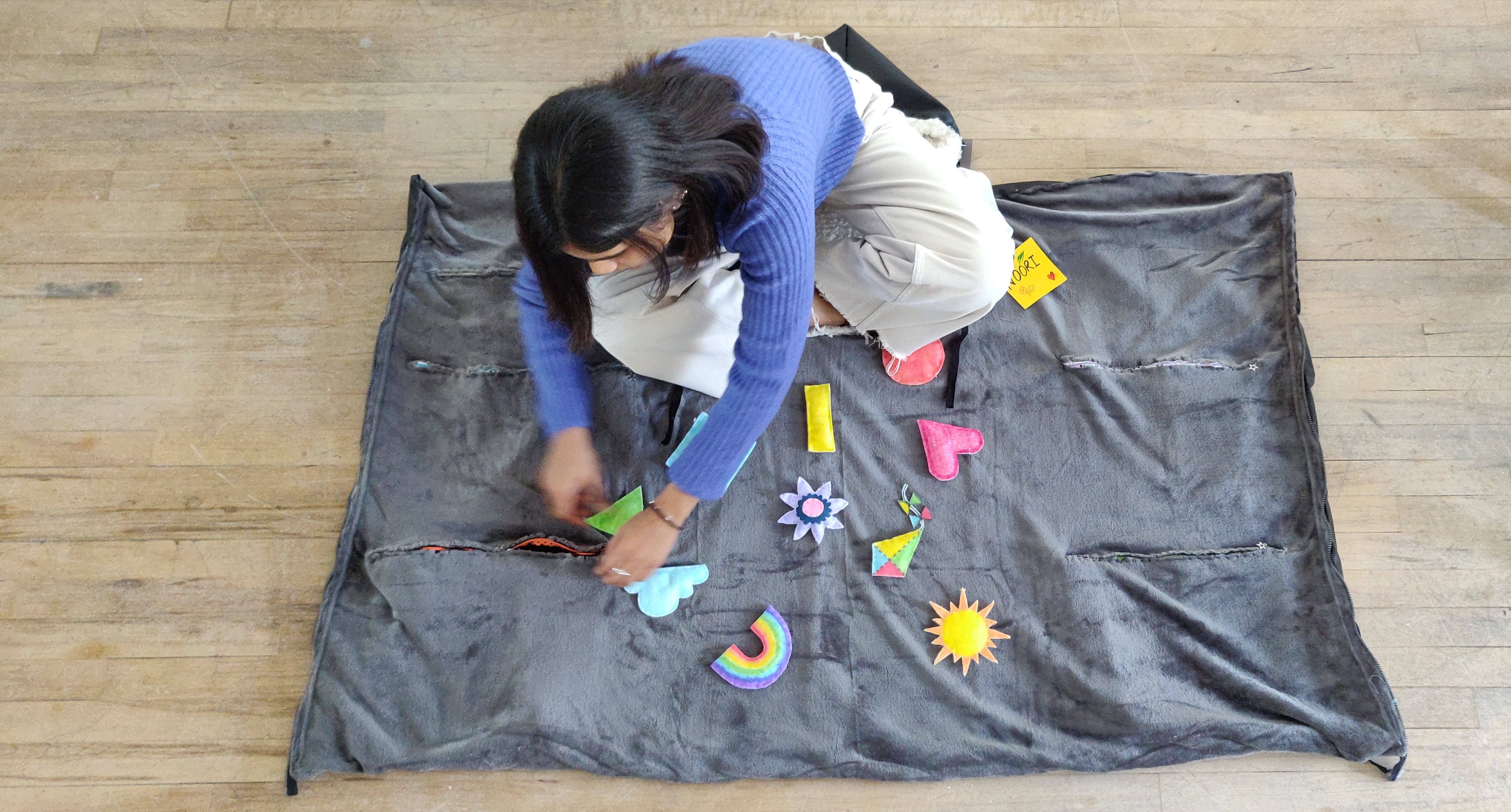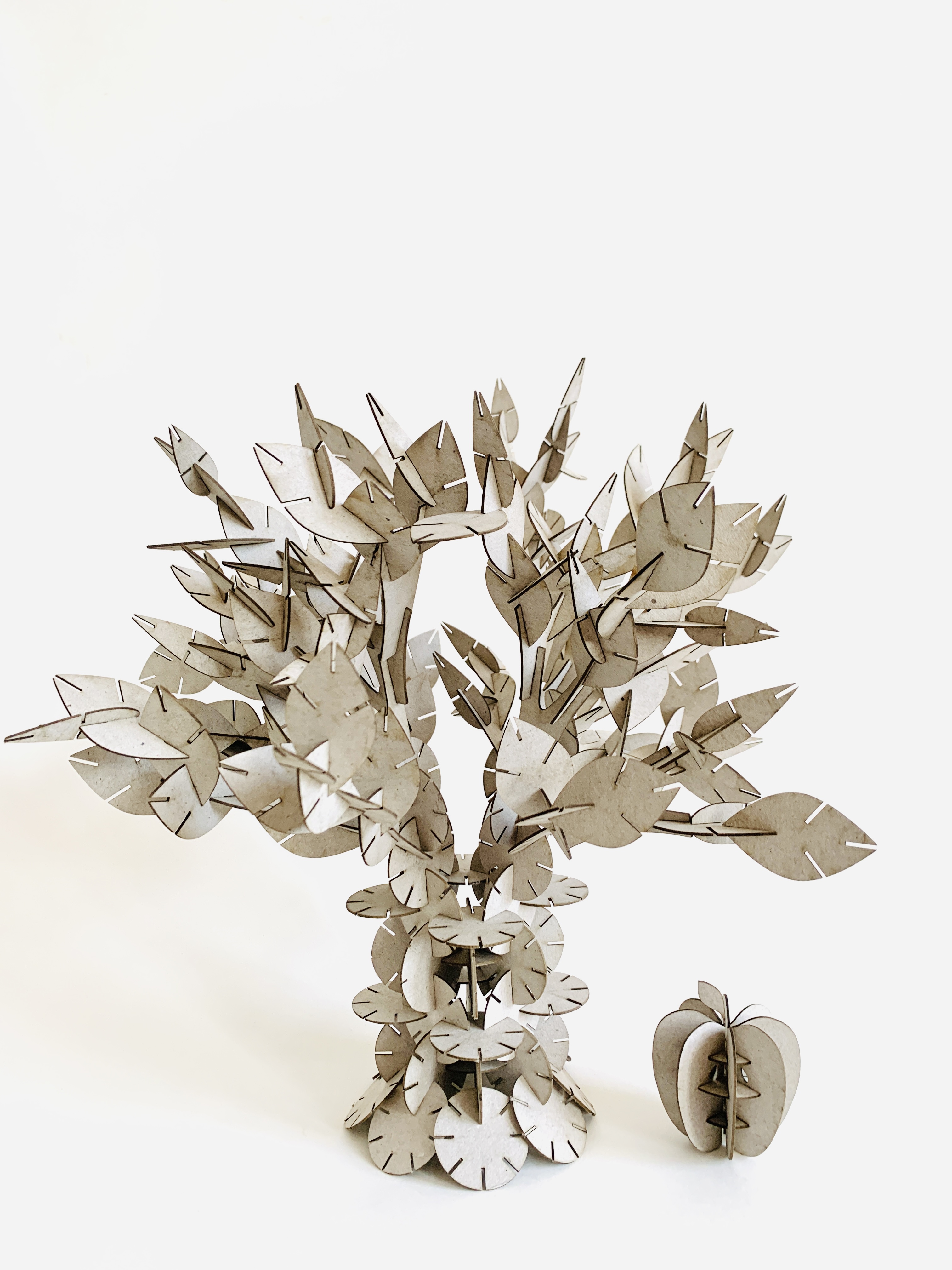Video | DWBS
Cultivating Human Centered Innovation
Behaviour science helps in understanding how users think, behave, and make decisions. Design approaches enhance problem-solving, creativity and communication as part of an applied product development process. By integrating behavioural insights into the design process, you can create products and experiences with more ethical and positive outcomes - aligned with users' needs, preferences, and behaviours.
Learn how to apply behavioural insights to the design of human-centred products and strategies.
Understanding human behaviour is critical in the development of effective products, services and strategies.
In this programme, you will explore how to incorporate theory, research, and practices in behaviour science into the design of positive outcomes. This will involve learning to understand, develop, and monitor behavioural design interventions through using design-led tools, developing an in-depth understanding of users in their context, and honing your ability to integrate knowledge across disciplines.
Through learning the tools of design, you will learn to gather insights through research, make sense of complex information, find opportunities for intervention, and develop solutions to tackle the hierarchy of design engineering challenges including performance, systemic, societal and global challenges. You will also learn to critically explore concepts, build your ideas, and test them in the real world to develop impactful outputs.
In addition to obtaining advanced knowledge across a range of subjects encompassing design and behaviour science, you will be equipped with a range of transferable skills, including user analytics, methodological skills, problem-solving, design exploration, prototyping and testing ideas, project work and presentation skills.
Through all of this, you will augment your existing expertise with a new set of tools for understanding people via the power of behaviour science and approaching problems and opportunities in new ways through design.
Programme Structure

Career Opportunities
As technology and user-centric approaches continue to drive industries, the demand for professionals with expertise in design and behaviour science is growing rapidly, creating a wide range of rewarding and impactful career opportunities.
Graduates can go on to take on roles at the forefront of innovation in a wide range of sectors, including roles in Design Research and Strategy, Innovation and Product Management, Product or Service Design, Human-Computer Interaction, User Research, User Experience, Behavioural Economics, Healthcare Design, Public Policy and Government, Consulting, Innovation and Entrepreneurship, and more.
These roles, and many more that span user research and product development, are growing rapidly in a range of sectors and companies such as consultancies, financial institutions, healthcare providers, government and policy bodies, manufacturers, service providers, start-ups, medical research and large technology companies.
Eligibility Criteria
We welcome applicants from any spectrum of Science, Technology or Engineering disciplines. This means we’re open to everything from Biologists and Physicists through to Computer Scientists, Materials Experts, or Mechanical Engineers and many more. Whatever your background, we look for those with experience of basic mathematics and analytical skills (including user analytics, and inferential and probabilistic statistics) to help ensure you thrive when studying with us.
You do not need experience of design or behaviour science, but we ask that you are passionate about applied working, learning to build new ideas, and understanding more about the humans at the centre of the problems you are solving.
The minimum requirement for entry is equivalent to a First-class UK Bachelor’s Degree with Honours in a Science, Technology or Engineering discipline (or a comparable qualification recognised by the College). In some circumstances, we may also accept those with a 2:1 equivalent if you have substantial (more than 2 years) professional experience or further studies in a related area. Please find further information on entry requirements.
In addition to these academic requirements, candidates must also provide:
- Two references evidencing your analytical skills (e.g., academic references citing modules studied, and/or professional references citing applied examples in previous work experience).
- A written statement articulating motivation and suitability for the degree.
Finally, all candidates must demonstrate a higher requirement level of English language proficiency for admission to the College. For details, please see the English language requirements for postgraduate applicants.
Meet the team
The MSc Design with Behaviour Science team are represented by experts in design and behaviour science at the forefront of their disciplines, placed in a highly multidisciplinary environment of Dyson School of Design Engineering.
A range of staff from across the school teach on the core modules and offer a wide range of elective subjects exposing students to expertise at the forefront of applied behaviour design areas such as Gamification, Human Computer Interaction, Immersive Audio Experience, the Sharing Economy, Sustainability, Ethics and Behaviour Change.
Founded by Psychology expert Dr Nejra Van Zalk and Design expert Dr Leila Sheldrick, this pioneering new programme brings together a design toolkit, and a human perspective to train a new generation of graduates to solve the socio-technical challenges of the future.

In this increasingly complex world, it’s never been more important to continuously understand the behavioural insights & impacts of our designs with real people. Studying at the Dyson School of Design Engineering has allowed me to apply an entrepreneurial ‘people and planet centred lens’ to any problem. From the work I have been part of in industry - whether it’s improving the accessibility of major public sector services or reaching the next generation of consumers - the mindset, values and approach that I learnt at the school are the foundation on which I rely every day. Michael Hoffman MEng Design Engineering, Class of 2020 Currently Creative Technologist at Deloitte Digital

Student Projects
The below are examples of project work that combines Design with Behaviour Science. They were undertaken by alumni from the Dyson School of Design Engineering, developed during their MSc studies on different programmes, studying on modules that will be offered as part of the MSc in Design with Behaviour Science.
Student Projects
 An interactive food exploration toy for young children. Wow wok facilitates the exploration of food by enabling children to role play cooking and encouraging them to experiment with different recipes and smells. Through exposing children to new smells, they are more likely to try new foods. This olfactory stimulation therefore tackles a rising challenge with childhood obesity and helps open up more food options in their diet, as well as improving physical health, mental health, cognition, moods and social behaviour.
An interactive food exploration toy for young children. Wow wok facilitates the exploration of food by enabling children to role play cooking and encouraging them to experiment with different recipes and smells. Through exposing children to new smells, they are more likely to try new foods. This olfactory stimulation therefore tackles a rising challenge with childhood obesity and helps open up more food options in their diet, as well as improving physical health, mental health, cognition, moods and social behaviour.
Project by Fanny Chavanne, Cui-Lyn Huang, Mallory Chen and Jahan Daya conducted as part of the Design Psychology module.

A 3 in 1 solution for refugee children aged 3-8. Calm Quilt starts as a backpack, and unfolds into a blanket with multiple functions like a sleeping bag, play mat and space for their essentials. This facilitates desirable positive behaviour changes, improving the symptoms of the four core stresses in migrant refugee children: traumatic stress, acculturation stress, resettlement stress and isolation. By providing a safe space for vulnerable children, Calm Quilt instils resilience, and autonomy and improve their mental well-being.
Project by Rhea Thomas, Maroa Al-Sahlani, Vedika Lall & Marie Coveliers-Munzi conducted as part of the Design Psychology module.
 A holistic educational toy designed for urban children aged 7-11. Pip Kit helps children learn about food through exploration of playable physical parts, guided digital education and interactions with nature. Food is an essential part of our connection with nature, yet urban children are often detached from the ecological contact of what they eat. Through play, Pip Kit builds nature connectedness, boosts natural curiosity and invites children to create, collaborate and build their cognitive skills.
A holistic educational toy designed for urban children aged 7-11. Pip Kit helps children learn about food through exploration of playable physical parts, guided digital education and interactions with nature. Food is an essential part of our connection with nature, yet urban children are often detached from the ecological contact of what they eat. Through play, Pip Kit builds nature connectedness, boosts natural curiosity and invites children to create, collaborate and build their cognitive skills.
Project by Adira Andlay, Sarah Stone, Mariam Ibrahim and Xin Wen conducted as part of the Design Psychology module.
Contact us
Dyson School of Design Engineering
Imperial College London
25 Exhibition Road
South Kensington
London
SW7 2DB
design.engineering@imperial.ac.uk
Tel: +44 (0) 20 7594 8888
Admissions and course enquiries
For admission and course enquiries about MSc Design with Behaviour Science, please email designeng-mscdwbs@imperial.ac.uk.
